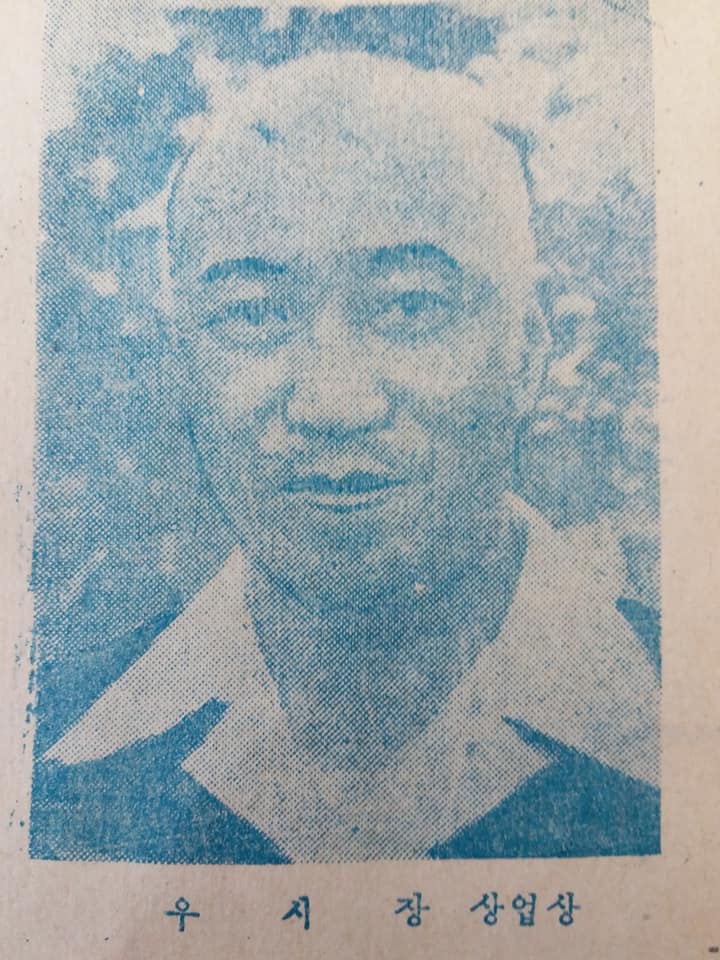
Historian of East Asian economic planning, parliaments and parties. Railway enthusiast.
How to get URL link on X (Twitter) App


 2/ I argue here that collectivisation had its roots in fact in social reformist urges of the pre-WWI and interwar period. The fruits of these experiments were appropriated by the State Monopoly Capitalist, managerialist and total war ambitions of both Imperial Japan and KMT China
2/ I argue here that collectivisation had its roots in fact in social reformist urges of the pre-WWI and interwar period. The fruits of these experiments were appropriated by the State Monopoly Capitalist, managerialist and total war ambitions of both Imperial Japan and KMT China 

 2/ Manchukuo, being a single-party state under the Concordia Association whose cadres wore Concordia Suits; with total collectivised agriculture and industrial development guided by Five-Year Plans, was probably the most successful Soviet-styled state outside the USSR before 1945
2/ Manchukuo, being a single-party state under the Concordia Association whose cadres wore Concordia Suits; with total collectivised agriculture and industrial development guided by Five-Year Plans, was probably the most successful Soviet-styled state outside the USSR before 1945 



 2/ This mid-western province today is mainly known for its collieries. Back in the Qing Dynasty however, it was the centre of indigenous finance in China, with a network of banks (yinhao) that had branches in SF, Tokyo & Singapore, financing trade that went all the way to Russia.
2/ This mid-western province today is mainly known for its collieries. Back in the Qing Dynasty however, it was the centre of indigenous finance in China, with a network of banks (yinhao) that had branches in SF, Tokyo & Singapore, financing trade that went all the way to Russia. 


 2/ The news alarmed Premier Zhou Enlai, who immediately set up a "Leading Group" for the protection of Guanting Reservoir's water source. Its head was Wan Li, who had just been released from a gulag. 1972 saw also Nixon's visit and China was trying to re-internationalise.
2/ The news alarmed Premier Zhou Enlai, who immediately set up a "Leading Group" for the protection of Guanting Reservoir's water source. Its head was Wan Li, who had just been released from a gulag. 1972 saw also Nixon's visit and China was trying to re-internationalise. 


 2/ Chen Yi, Taiwan Chief Executive in 1945-7, oversaw a corrupt govt, yet was himself an exceptional case in the KMT - with a modernist mindset and State Socialist leftwing inclinations, and belonged to the global phenomenon of "reform/renovationist technocrats" (kakushin kanryo)
2/ Chen Yi, Taiwan Chief Executive in 1945-7, oversaw a corrupt govt, yet was himself an exceptional case in the KMT - with a modernist mindset and State Socialist leftwing inclinations, and belonged to the global phenomenon of "reform/renovationist technocrats" (kakushin kanryo) 
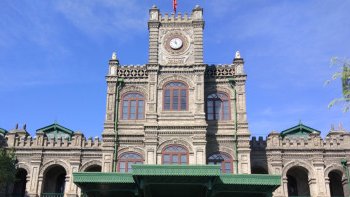
 2/ President Yuan Shikai had tried to make himself Emperor in 1915. This failed, and he died in 1916. Parliament, restored by Premier Duan Qirui, was gridlocked, for both the Nationalist (KMT) and Progressive Parties had splintered. China was divided between military strongmen.
2/ President Yuan Shikai had tried to make himself Emperor in 1915. This failed, and he died in 1916. Parliament, restored by Premier Duan Qirui, was gridlocked, for both the Nationalist (KMT) and Progressive Parties had splintered. China was divided between military strongmen. 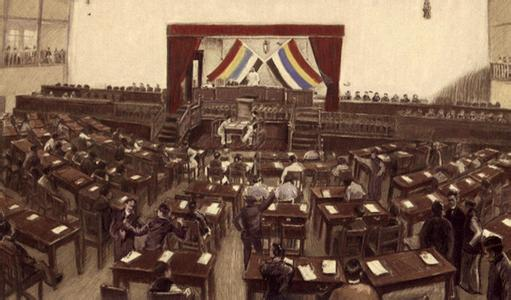

 On Feb 26, 1920 China announced the establishment of an "Economic General Staff" - the Economic Investigation Bureau based on the Postwar Econ. Investigat'n Commission.
On Feb 26, 1920 China announced the establishment of an "Economic General Staff" - the Economic Investigation Bureau based on the Postwar Econ. Investigat'n Commission.
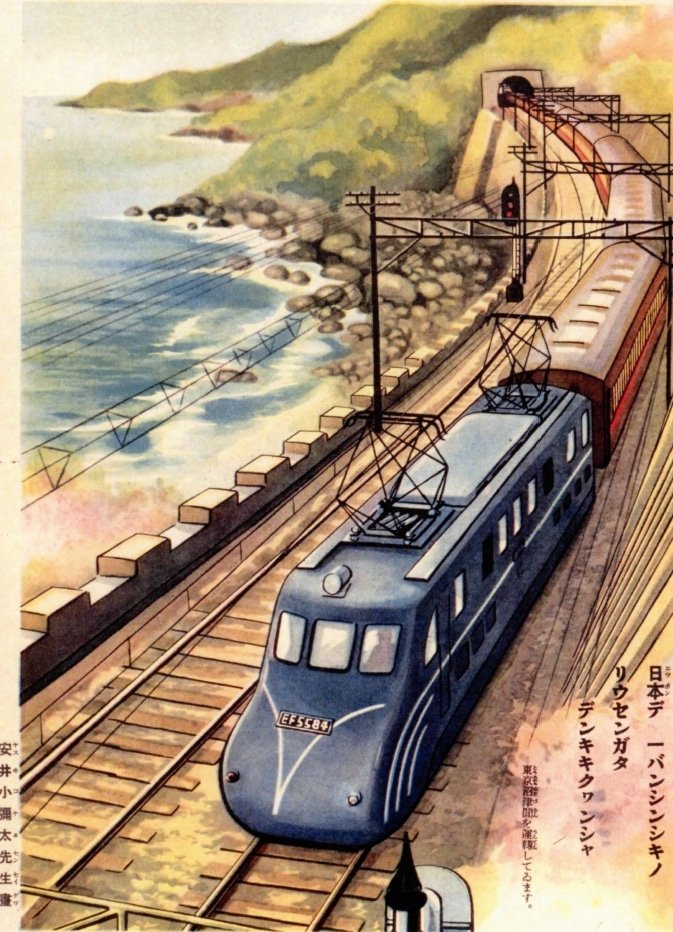
https://twitter.com/tettd489/status/1318273821846110209
 2/ There were two competing proposals for the Great East Asian Transversal Railway. The 1939 proposal for a "Central Asian Transversal Railway" by S. Manchuria Rly engineer Yumoto Noboru revived themes from Nishihara Kamezo's 1918 works, for a line from Tokyo to Tehran and Europe
2/ There were two competing proposals for the Great East Asian Transversal Railway. The 1939 proposal for a "Central Asian Transversal Railway" by S. Manchuria Rly engineer Yumoto Noboru revived themes from Nishihara Kamezo's 1918 works, for a line from Tokyo to Tehran and Europe 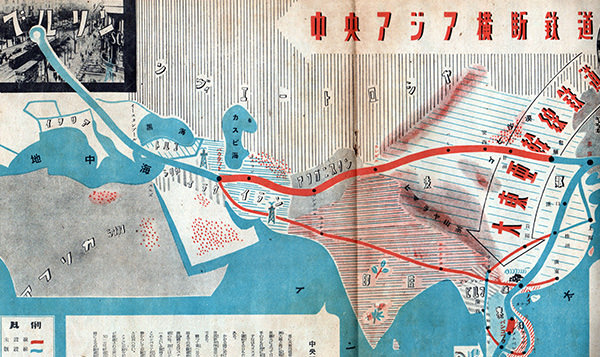

 In fact, the original title of the speech already sounded hippy-ish. Deng was smoking all the time. Perhaps he was getting stoned?
In fact, the original title of the speech already sounded hippy-ish. Deng was smoking all the time. Perhaps he was getting stoned?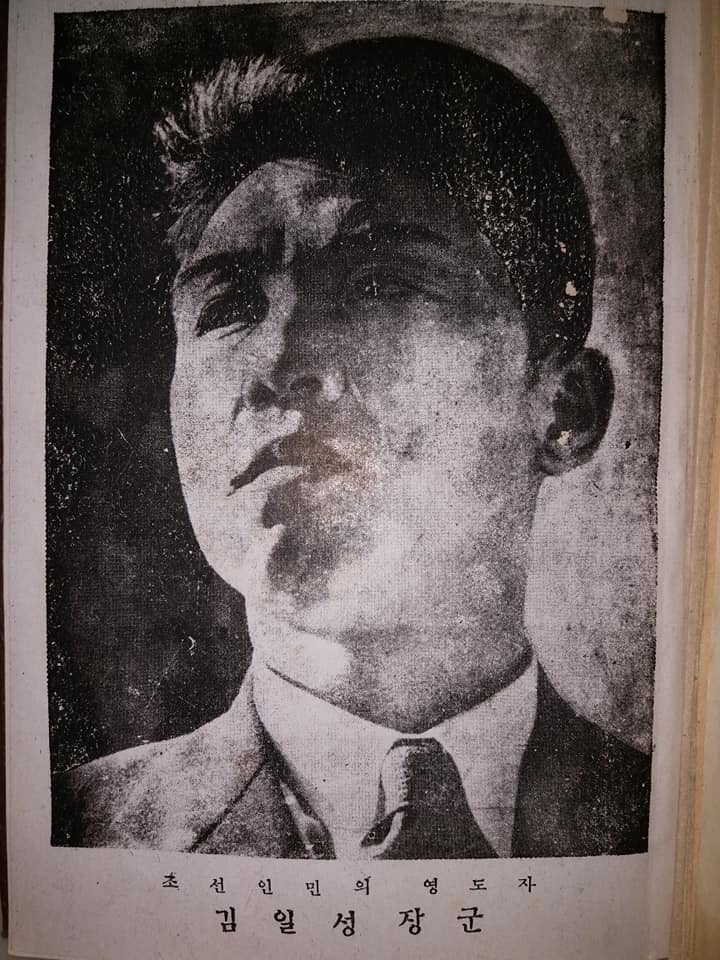

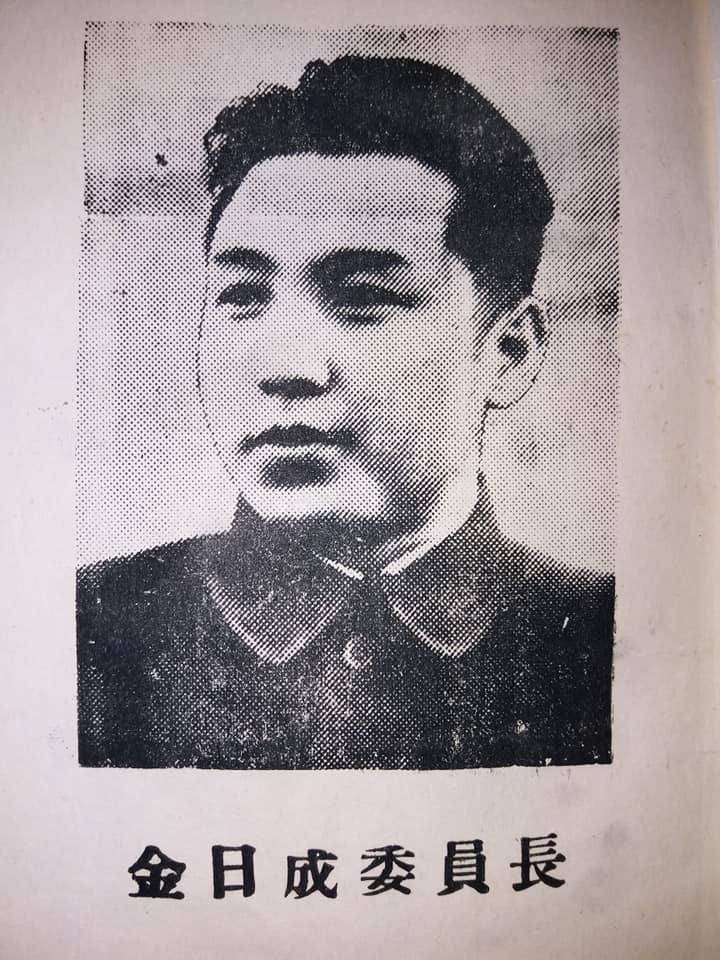 2/7 Commerce Minister Chang Si-yu (商業相張時雨) needs only a pair of aviators (confiscated from a GI perhaps) to look as fly as Isaac Hayes. In fact, he already looks fly.
2/7 Commerce Minister Chang Si-yu (商業相張時雨) needs only a pair of aviators (confiscated from a GI perhaps) to look as fly as Isaac Hayes. In fact, he already looks fly. 